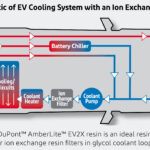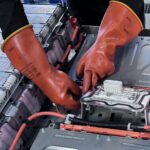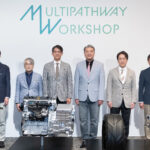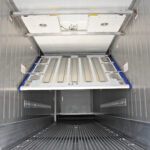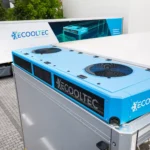
Thermal management wins the day in Norwegian El Prix
- Posted19 September 2024
- VASA MembersVASA Members
Just before Human Horizons ran into financial difficulties, paused production for six months and approached Changan Automobile about a potential rescue bid, its HiPhi Z model emerged as the winter efficiency champion among electric vehicles at the world’s largest electric car test, the biannual “El Prix” in Norway, due to its impressive thermal management system. … Continue reading Thermal management wins the day in Norwegian El Prix


